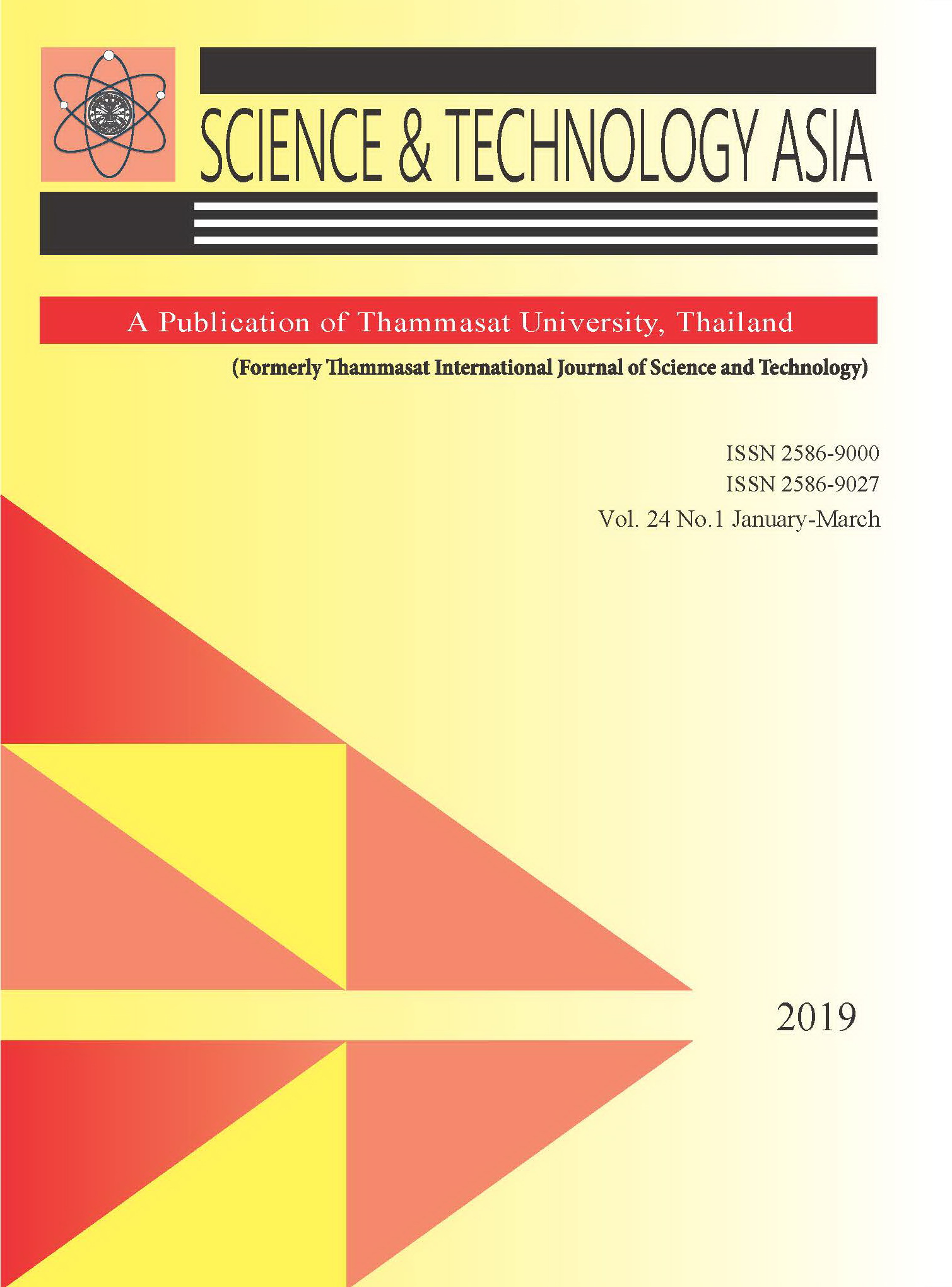Design and Fabrication of Deformable Microfluidic Device for the Study of Living Cells under Mechanical Solicitations
Main Article Content
Abstract
Cellular symptoms present a model system for the analysis of living structures in laboratories such as metabolic studies and drug screening. In living organisms, cells are often encountered with compaction, tension, and shear. Most cells are intangible and balanced when a solid or seminal stratification (monolayer culture) is connected. In distortion reaction, cells experience intense biochemical changes. The stressed
cells on the culture combine in the Vivo environment, which creates dramatic shape changes and biochemical reactions. These microsystems can meet broad applications in the biomedical research field since deformation, compression or fluid flow have been found to induce biochemical changes in cells derived from various tissues. The aim of this project is to design and to develop a microfluidic device which will allow for the culturing of adhered cells in microfluidic chambers (micro-wells) while controlling, at the micro scale, the mechanical deformation applied on the substrate on which cells are attached. During this work, a Polydimethylsiloxane (PDMS) double layered microfluidic device was designed and fabricated which enables controlled micro-sized deformation of the cell culturing microwells. Moreover, a relation was found between measured deformation values and simulations.


